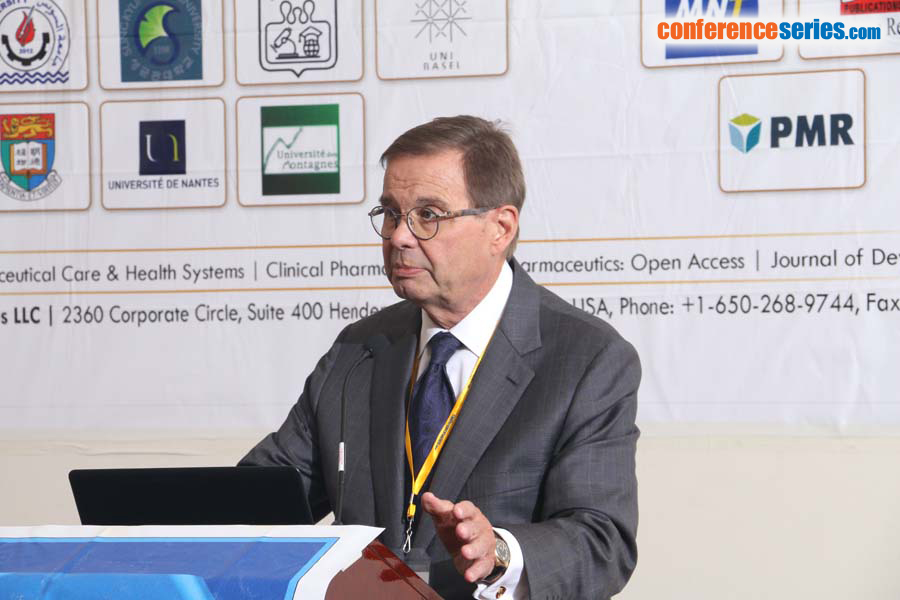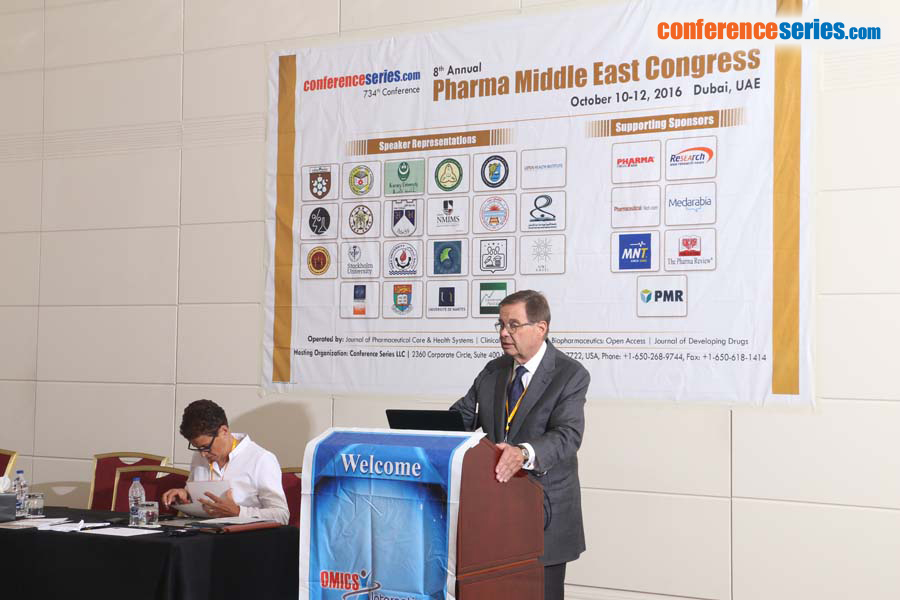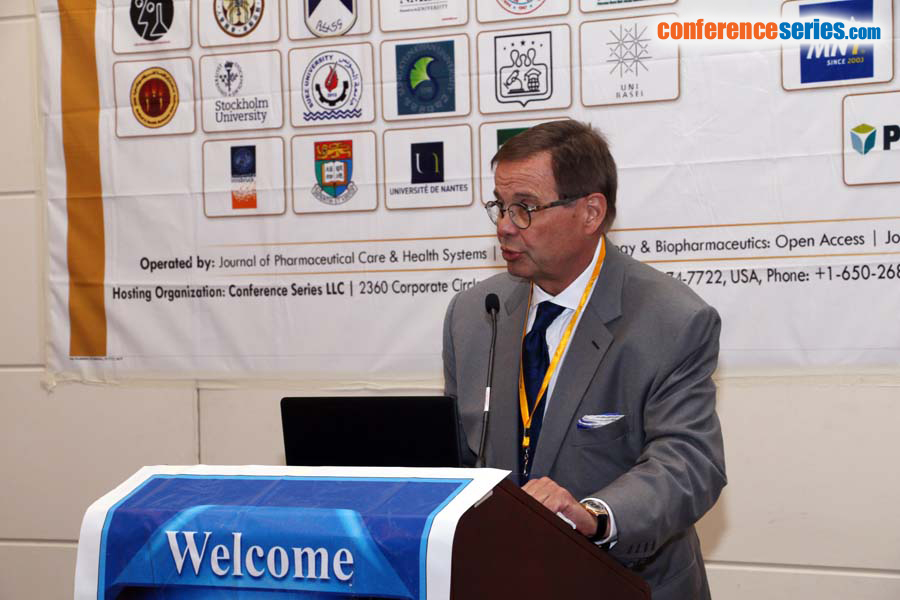
Randall J Bjork
Lotus Health, USA
Title: The neuropharmacological and nonpharmacological treatment of dementia
Biography
Biography: Randall J Bjork
Abstract
The neuropharmacological treatment of the dementing illnesses, primarily senile dementia of the Alzheimer type, has emphasized central cholinergic augmentation or glutamatergic modulation for the past few decades. More enlightened and, perhaps, disease-modifying strategies have been considered since late last millennium—some of which are close to coming into the clinical arena. Advances in slowing or reversing the progression of neurodegeneration have not, regrettably, proceeded pari passu, with significant developments in biomarker-based diagnosis of the neurodegenerative diseases. Senile dementia of the Alzheimer type, parkinsonian disorders, diffuse Lewy body disease, fronto-temporal dementia, cortico-basal degeneration and the prionoses can be diagnosed with confidence ante-mortem, but current treatments have been, at the very least, clinically disappointing and, most disturbing, a fountain of false hope for patients and their families. This schism between intellectually exciting early diagnostic measures and worthwhile disease-modifying treatments has led to an ethical dilemma: Should a patient be subjected to an early diagnosis of a neurodegenerative disorder when there is no meaningful treatment? This lecture will present a review of biomarkers and their current place in research and clinical practice, including implications of amyloid/tau imaging. Potential disease-modifying treatments of the future will be presented, with discussion of hypothesized molecular mechanisms of action and potential economic impact. An economy-of-scale, futuristic view of ethical and humane long-term care for those afflicted with neurodegenerative diseases will be presented, because the current model of residential care is not sustainable.







